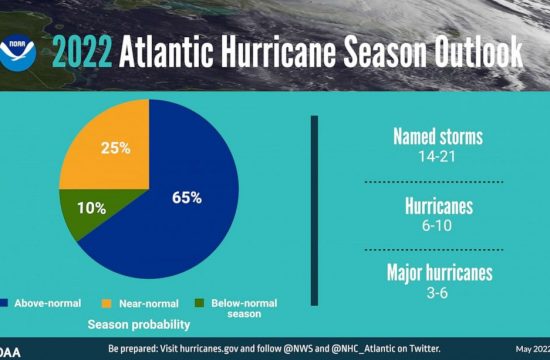The suit challenges the company’s dominance of the web browsing sector.
The Department of Justice announced Tuesday it has filed a major antitrust lawsuit against Google, accusing the company of a host of anti-competitive practices that it says has allowed the company to unlawfully preserve monopolies through the operations and advertising agreements reached through its web browser.
The long-awaited lawsuit follows a year-long investigation into the tech giant and lays the groundwork for one of the most significant confrontations between the U.S. government and a web company in decades.
The states of Arkansas, Florida, Georgia, Indiana, Kentucky, Louisiana, Mississippi, Missouri, Montana, South Carolina and Texas all joined as plaintiffs in the suit, according to the docket in D.C. district court.
The Wall Street Journal first reported news of the lawsuit, prior to a press briefing with senior department officials.
“As the antitrust complaint filed today explains, [Google] has maintained its monopoly power through exclusionary practices that are harmful to competition,” deputy attorney general Jeffrey Rosen said.
Among the accusations against Google in the lawsuit is that it unlawfully pays phone carriers and other web browsers, like Apple’s Safari, billions of dollars each year from its search advertising revenues in order to be the preset default search engine on those platforms, according to associate deputy attorney general and senior advisor for technology industries Ryan Shores.
Shores said as a result of its anticompetitive practices Google currently maintains search distribution channels accounting for roughly 80% of general search queries in the U.S.
“Ultimately, it is consumers and advertisers who suffer from less choice, less innovation and less competitive advertising prices,” Shores said. “New models for search are emerging but if they have any chance to challenge Google they must have an effective way to distribute their product, so they can build a user base.”
Google did not immediately respond to ABC News’ request for comment, but in a tweet posted to its Public Policy Twitter account the company described the suit as “deeply flawed.”
Rosen disputed the idea that the lawsuit was in anyway rushed and brushed off the fact that many states previously in talks with DOJ declined to sign on as plaintiffs.
“I think it’d be fair to say from our coordination with states that we’ve seen general support as to the issues that are in play,” Rosen said. “There have been some states that chose not to join this complaint in some states that are choosing to proceed on their own path but not out of a lack of support for what the concerns are.”
In a separate paper statement, Attorney General William Barr praised the suit as a “monumental case” and previewed potential future action by the Justice Department against tech companies as a result of its still ongoing review into their alleged anti-competitive practices to maintain control of the market.
“This is an important milestone, but not the end of our review of marketleading online platforms,” Barr said. “The Department will continue to vigorously investigate and enforce
the antitrust laws where appropriate to protect and promote competition in the digital economy for the benefit of the American consumer.”











